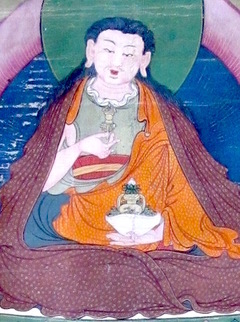Autobiografía
English (11) | Deutsch (2) | Español (2) | Français (5) | བོད་ཡིག (11)
Longchen Rabjam
Sera Khandro
de
Sera Khandro
English (11) | Deutsch (2) | Español (2) | Français (5) | བོད་ཡིག (11)

Shabkar Tsokdruk Rangdrol
Cortesía de Himalayan Art Resources